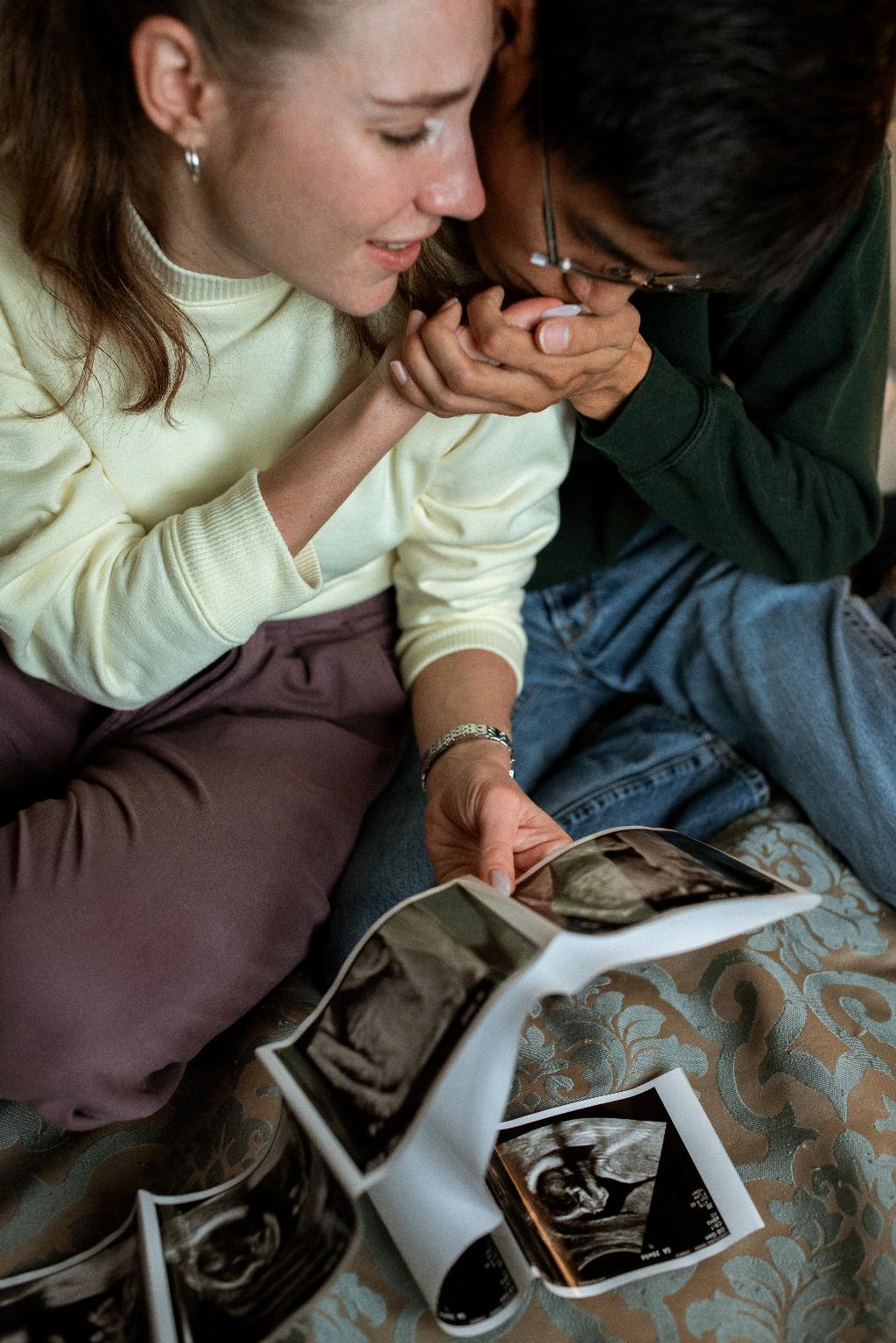When it comes to subserosal fibroids and their impact on pregnancy, there are several factors to consider. Subserosal fibroids are noncancerous growths that develop on the outer wall of the uterus. These fibroids typically do not affect fertility outcomes, meaning that they generally do not interfere with a woman’s ability to conceive.
Research indicates that pregnancy and live birth rates are not significantly reduced in women with subserosal fibroids. Unlike submucosal fibroids, which can lead to fertility issues and a higher risk of pregnancy complications, subserosal fibroids tend to have a minimal impact on a woman’s ability to conceive and carry a pregnancy to full term.
Do Subserosal Fibroids Impact Fertility?
One key distinction to make when discussing subserosal fibroids is their effect on fertility. Unlike submucosal fibroids that can impair fertility, subserosal fibroids generally do not impact a woman’s ability to conceive. These fibroids are located on the outer layer of the uterus and typically do not interfere with the implantation of a fertilized egg or the progression of pregnancy.
Studies have shown that the removal of subserosal fibroids does not confer any significant benefit in terms of improving fertility outcomes. Women with subserosal fibroids who are trying to conceive may not necessarily need to undergo surgery to remove these fibroids, as they are less likely to affect the reproductive process.
The Role of Subserosal Fibroids in Pregnancy
While subserosal fibroids generally do not impact fertility, questions may arise regarding their influence on pregnancy outcomes. It is important to note that subserosal fibroids are less likely to cause complications during pregnancy compared to submucosal fibroids.
Research suggests that the presence of subserosal fibroids does not pose a significant risk to the normal progression of pregnancy. These fibroids are typically located on the outer surface of the uterus and do not interfere with the development of the fetus or the overall well-being of the mother.
Conclusion: Subserosal Fibroids and Pregnancy
In conclusion, subserosal fibroids are generally not a major concern when it comes to fertility and pregnancy. These fibroids are less likely to affect a woman’s ability to conceive, and their presence during pregnancy is usually not associated with adverse outcomes.
While submucosal fibroids may require intervention to improve fertility rates, subserosal fibroids typically do not necessitate surgical removal for pregnancy-related reasons. Ultimately, women with subserosal fibroids can often proceed with confidence in their ability to conceive and have a successful pregnancy.

